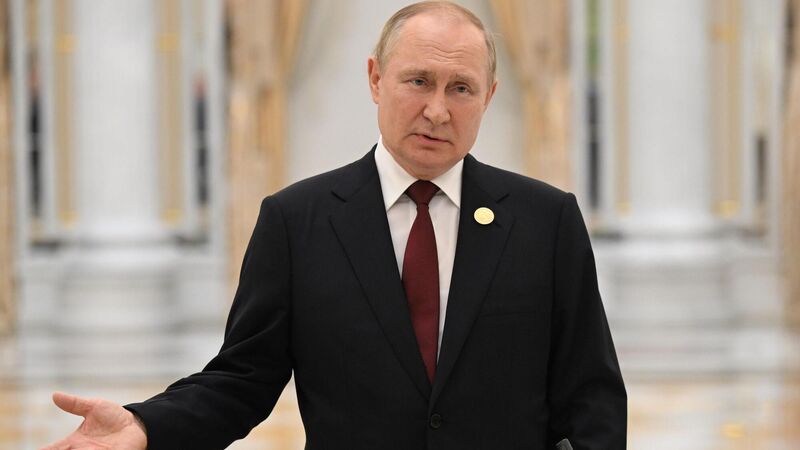Russia has clear capacity for intelligence operations in Ireland, Nato official warns

Russia has a clear capacity to engage in serious intelligence operations in all countries, including Ireland, a senior US official to Nato has warned. Picture: Dmitry Azarov, Sputnik, Kremlin Pool Photo via AP
Russia has a clear capacity to engage in serious intelligence operations in all countries, including Ireland, a senior US official to Nato has warned.
David F Helvey, Deputy Defence Advisor for the US Mission to the military alliance, said the threats include disinformation campaigns, political interference, and cyber attacks.













